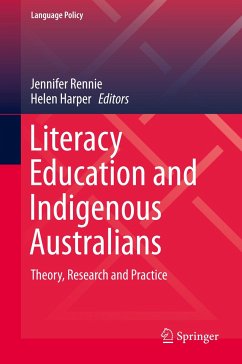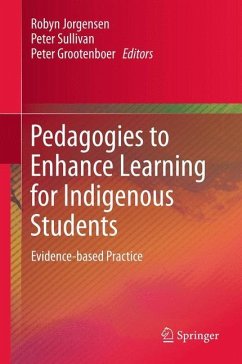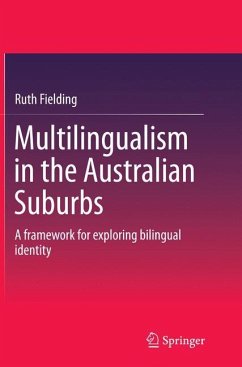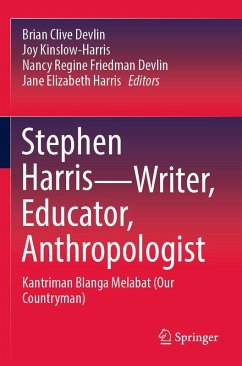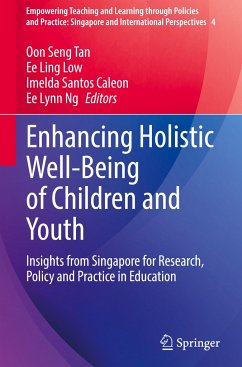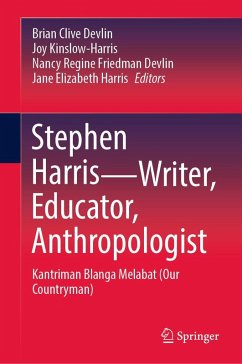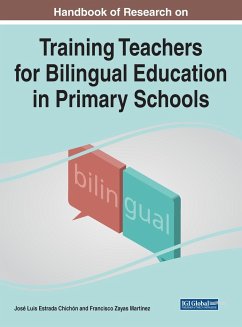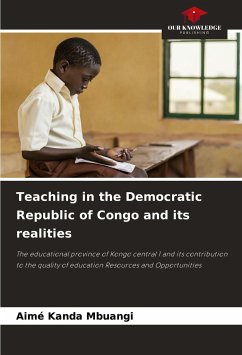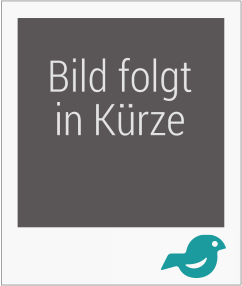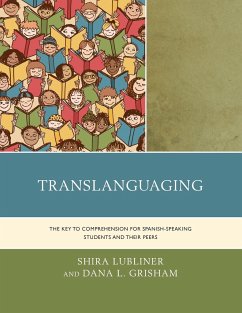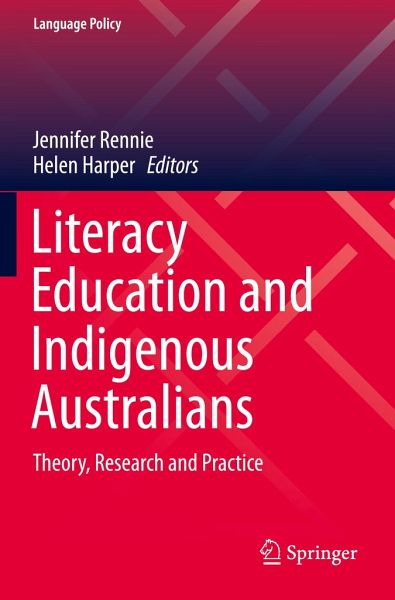
Literacy Education and Indigenous Australians
Theory, Research and Practice
Herausgegeben: Rennie, Jennifer; Harper, Helen
Versandkostenfrei!
Versandfertig in 6-10 Tagen
76,99 €
inkl. MwSt.

PAYBACK Punkte
38 °P sammeln!
This edited volume brings together diverse perspectives on Australian literacy education for Indigenous peoples, highlighting numerous educational approaches, ideologies and aspirations. The Australian Indigenous context presents unique challenges for educators working across the continent in settings ranging from urban to remote, and with various social and language groups. Accordingly, one of the book's main goals is to foster dialogue between researchers and practitioners working in these contexts, and who have vastly different theoretical and ideological perspectives. It offers a valuable ...
This edited volume brings together diverse perspectives on Australian literacy education for Indigenous peoples, highlighting numerous educational approaches, ideologies and aspirations.
The Australian Indigenous context presents unique challenges for educators working across the continent in settings ranging from urban to remote, and with various social and language groups. Accordingly, one of the book's main goals is to foster dialogue between researchers and practitioners working in these contexts, and who have vastly different theoretical and ideological perspectives. It offers a valuable resource for academics and teachers of Indigenous students who are interested in literacy-focused research, and complements scholarship on literacy education in comparable Indigenous settings internationally.
The Australian Indigenous context presents unique challenges for educators working across the continent in settings ranging from urban to remote, and with various social and language groups. Accordingly, one of the book's main goals is to foster dialogue between researchers and practitioners working in these contexts, and who have vastly different theoretical and ideological perspectives. It offers a valuable resource for academics and teachers of Indigenous students who are interested in literacy-focused research, and complements scholarship on literacy education in comparable Indigenous settings internationally.



